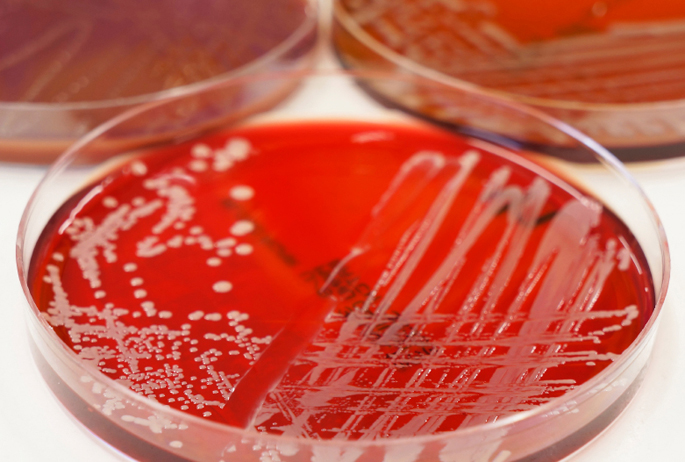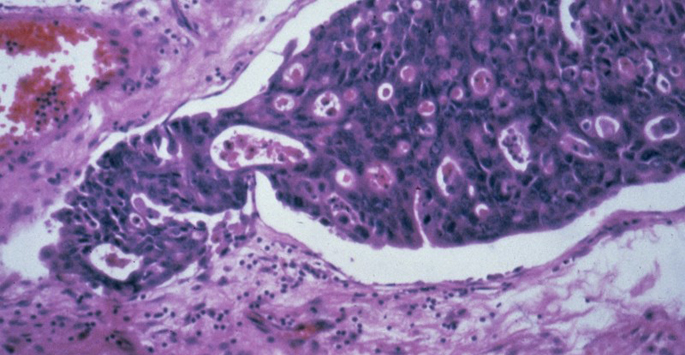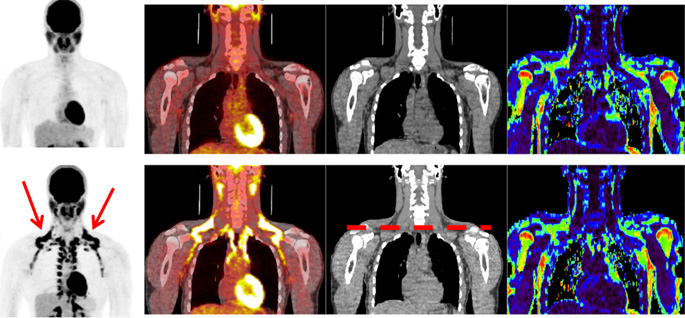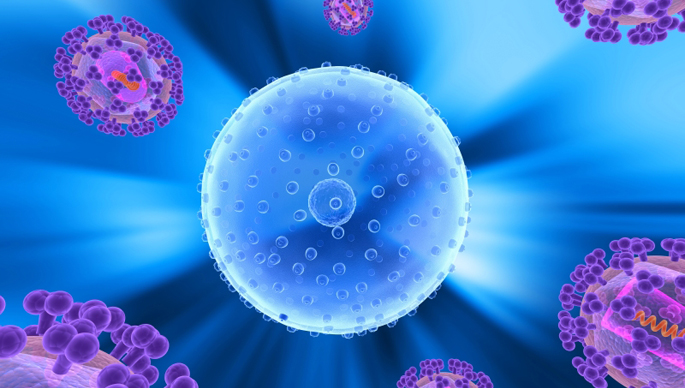NIDDK
-

It takes two to tango: beta cell development
Defining the genes required for the function of insulin-producing beta cells is crucial for ongoing efforts to develop a cell-based therapy for diabetes. Read MoreJun 23, 2016
-

Fat hormone’s role in zebrafish
The hormone leptin regulates glucose balance, but not fat stores, in zebrafish. Read MoreMar 8, 2016
-

Liver balancing act
Vanderbilt researchers have defined a mechanism that limits liver cell proliferation after injury in order to preserve critical metabolic functions. Read MoreFeb 24, 2016
-

Building intestinal brush borders
Studies of the molecular complex that helps build specialized cellular surfaces could shed light on the mechanisms underlying a genetic deaf-blindness syndrome accompanied by intestinal disease. Read MoreFeb 8, 2016
-

DISSECTing cell signaling networks
Vanderbilt researchers have developed a new method to study cell signaling networks at single-cell resolution. Read MoreDec 14, 2015
-

Microtubules act as cellular ‘rheostat’ to control insulin secretion
Microtubules — cellular “highways” that deliver cargo to the cell membrane for secretion — have a surprising role in pancreatic beta cells. Instead of facilitating glucose-stimulated insulin secretion, they limit it, a team of Vanderbilt investigators reported recently in Developmental Cell. Read MoreDec 3, 2015
-

Fighting type 2 diabetes with FGF1
The growth factor FGF1 induces the growth of new insulin-producing beta cells and may help treat type 2 diabetes. Read MoreNov 18, 2015
-

Immune system a must for kidney repair
A signaling protein that is essential for recovery from acute kidney injury works by increasing the population of tissue-repairing immune cells. Read MoreNov 12, 2015
-

Detect and defend against pathogens
Understanding factors, such as the receptor TLR9, that detect and defend against pathogens may lead to therapeutic approaches that promote an effective immune response to treat infections. Read MoreNov 4, 2015
-

Inflammation, obesity and diabetes
Vanderbilt study adds to the mounting role for inflammatory signaling in obesity. Read MoreOct 29, 2015
-

Tolerating a transplant
A new genetic model has generated new strategies for promoting tolerance to transplants – and improving long-term transplant outcomes – in the background of autoimmune disease. Read MoreOct 1, 2015
-

How to build a basement
Understanding the action of a certain enzyme will shed light on basement membrane function, and on disorders ranging from diabetic kidney disease to cancer. Read MoreSep 9, 2015
-

Vitamin C protects blood vessel lining
Dietary vitamin C may maintain healthy blood vessels in patients with inflammatory diseases. Read MoreSep 4, 2015
-

Origins of neuroblastoma
Vanderbilt researchers are exploring how neuroblastoma tumors begin and progress, knowledge that could provide new treatments for this pediatric cancer. Read MoreAug 12, 2015
-

Stomach cancer cues
Vanderbilt scientists have discovered a new molecular mechanism that promotes stomach cancer development, findings that could provide new opportunities for treatment. Read MoreAug 6, 2015
-

Study explores protein’s role in inflammation-associated cancer
An antioxidant protein may protect against colon cancer that develops in patients with inflammatory bowel disease, suggesting new strategies for reducing colon cancer risk in these patients. Read MoreJul 23, 2015
-

Grant to spur study of ‘brown fat’s’ metabolic mysteries
Vanderbilt researchers have received a $2.15 million grant to study the amount and activity of “brown fat” in adults, with the aim of understanding its role in metabolic disease and identifying new therapeutic targets. Read MoreJun 25, 2015
-

New strategy to combat HIV
Inhibitors of the enzyme phospholipase D1 suppress the replication of HIV-1, Vanderbilt investigators have discovered. Read MoreJun 12, 2015
-

A “CRISPR” way to study disease
Using revolutionary CRISPR technology, Vanderbilt investigators have developed a fast and simple method to simultaneously turn off multiple genes in order to study complex diseases. Read MoreJun 11, 2015
-

Team tracks how kidney responds to blood pressure meds
Changes in the kidney can limit the blood pressure-lowering effects of thiazide diuretics, a new study reports. Read MoreApr 30, 2015